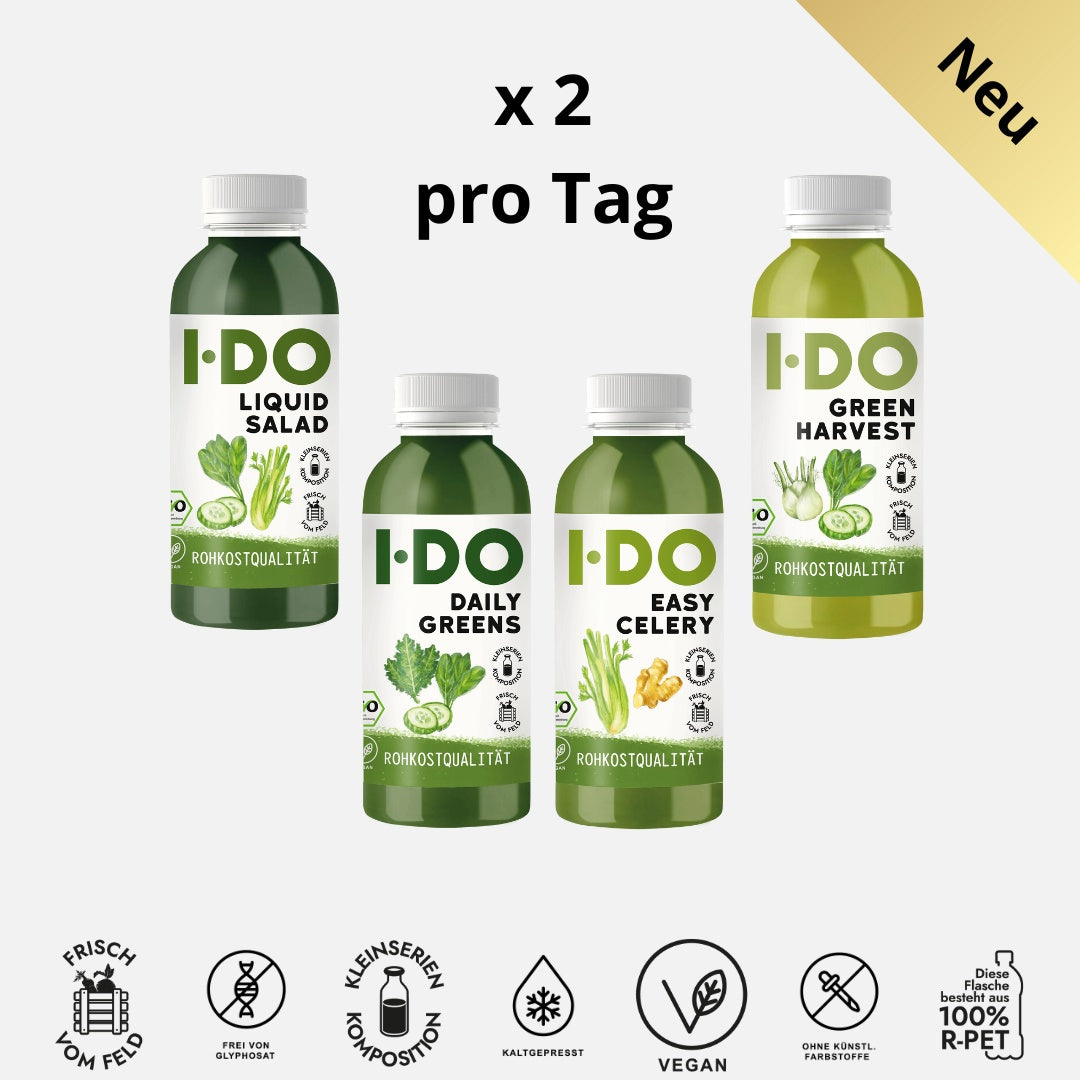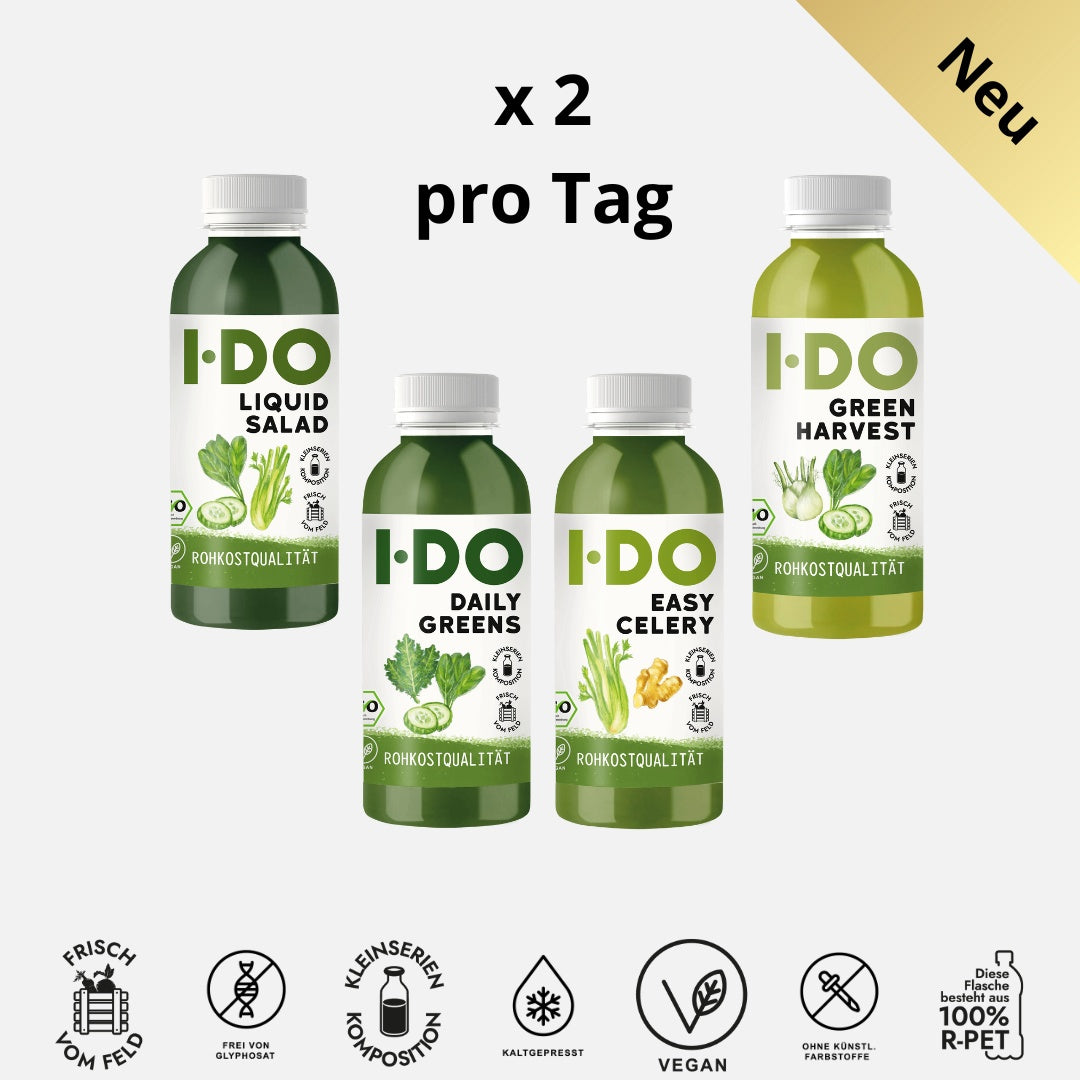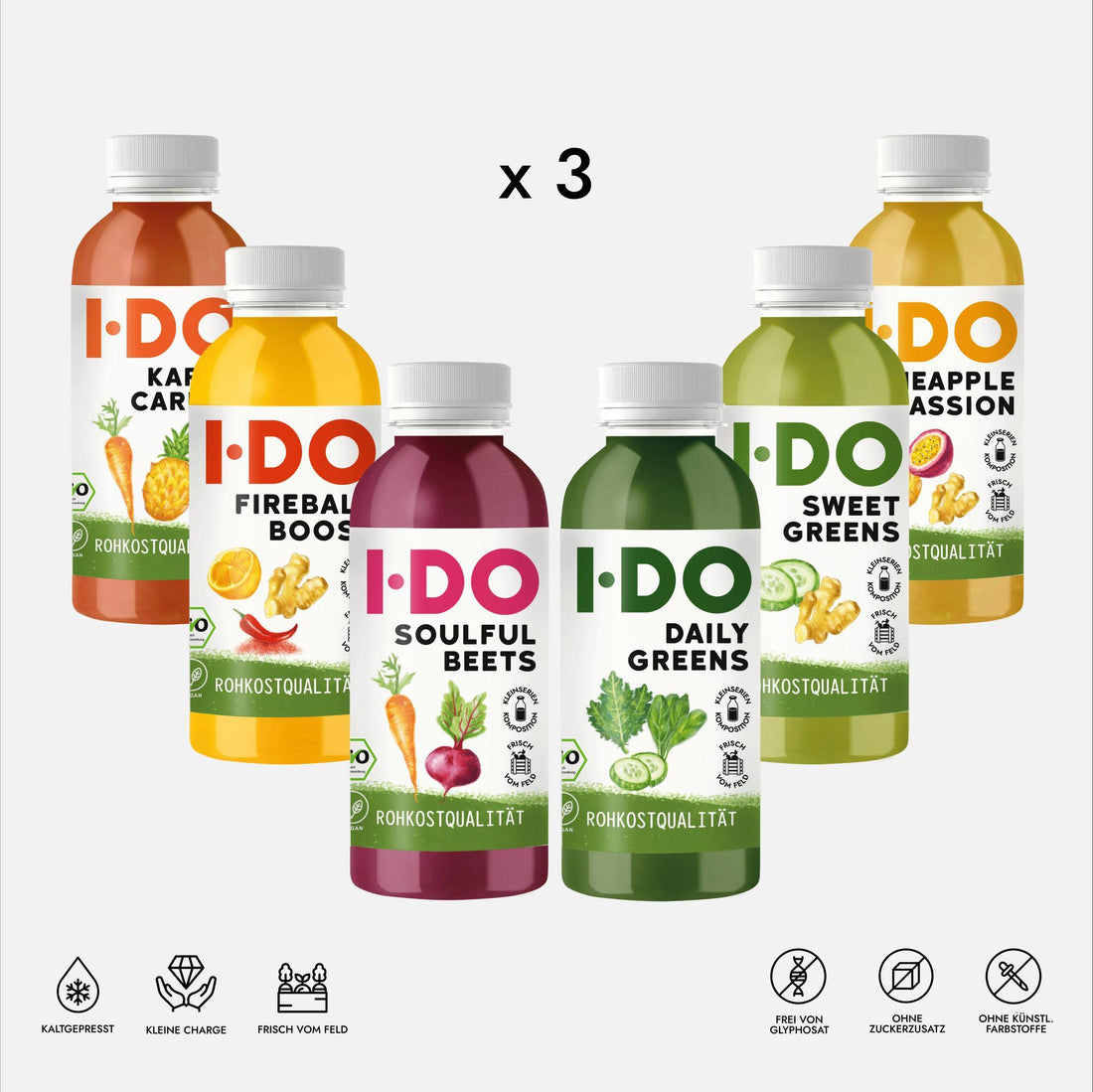Introduction – Taste meets nature
Organic foods are often described as more intense, authentic, and flavorful. This phenomenon is no coincidence—soil biology, cultivation methods, and nutrition play a central role.
Soil health: The basis of taste
Organic farming promotes soil life through compost, cover crops, manure, and crop rotation. Microbially rich soils promote complex plant flavors. Studies show that organic fruits and vegetables contain more antioxidants, which enhance aroma and mouthfeel .
Soil microbes influence plant stress responses, and these stress substances often contribute to flavor. Studies on organic lemons have demonstrated a significantly better aroma and freshness profile . Organically grown fragrant rice also releases more volatile aroma compounds .
Science of taste compounds
Without synthetic fertilizers, plants activate natural defense compounds—e.g., polyphenols, flavonoids, and volatile aromatic compounds. Organically grown chilies contain more vitamin C and capsaicinoids than conventionally grown chilies . These compounds enhance flavor and health benefits.
A meta-analysis shows that organic products contain on average 17–44% more polyphenols, which is associated with more intense flavor profiles .
Terroir and sustainable methods
Organic farming emphasizes biodiversity, natural pest control, and the avoidance of long-distance transport. Freshly harvested and locally sourced, organic produce reflects the authentic flavor of the terroir .
A 21-year study from Switzerland showed that organic products performed better in terms of sensory quality – a result of the holistic farming method . No-till and biodynamic methods increase soil life and sensory quality.
Taste influences health perception
Taste conveys more than just enjoyment—it influences how we perceive whether a food is healthy. Natural, balanced flavors are often associated with well-being (halo effect) .
Nutritional content and taste
Organic milk and meat have better omega-3/omega-6 ratios . Fermented organic products often contain more healthy microbes and vitamin C, which also improves flavor. self.com +7 pubmed.ncbi.nlm.nih.gov +7 nationalgeographic.com +7 .
While vitamins and minerals can vary, the antioxidant content is consistently higher in organic foods .
Consumer perception & market
Consumers often choose organic for taste—not just nutritional value. A National Geographic meta-study showed that organic fruit is perceived as more sensorially intense .
Blind taste tests confirm that many can distinguish organically grown produce . While results for vegetables were inconsistent, tomatoes more often received better ratings when grown organically .
Authentic & Enthusiastic
“It was simply amazing, indescribably good.” — Henrike K.
"The juices are high quality. I chose I do because, in addition to being organic, they're also cold-pressed. During the 5-day cleanse, I didn't have much of an appetite, since you have to drink a juice every two hours to get them all in one day. The juices are delicious and well-balanced. A cleanse is worth it!" — Cristina B.
“The pomegranate juice tastes wonderful and gives me lots of energy every day.” — Andrea W.
"I absolutely love the juices ☺️ I only made them for three days the first time, and it was way too short. Next time, I'll make them for at least five days ☺️" — Franziska S.
"Super delicious juices that arrived well chilled and packaged. I'll be ordering from you more often. Show translation." — Sylvia H.
These feedbacks reflect enthusiasm for taste, harmony and energy—true signs of authentic organic quality.
Conclusion & call to try
Organic farming promotes healthy soils, biodiversity, and flavor molecules—and produces foods with more intense flavor and health-promoting ingredients.
Choose quality, taste, and sustainability—discover the difference with our cold-pressed organic juices!











